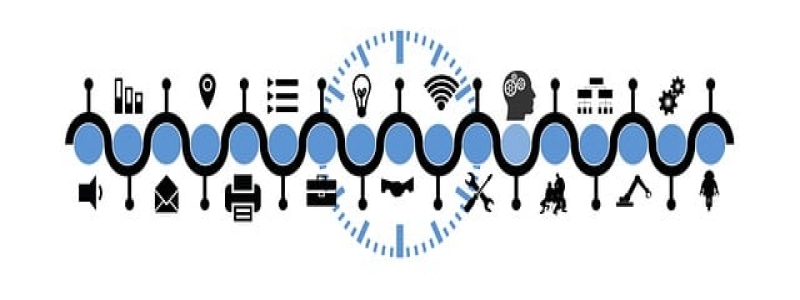Fiber Optic Cable vs Copper
Introduction:
In today’s digital age, a reliable and fast internet connection is crucial. The backbone of any network infrastructure is the cable used to transmit data. Two popular options for this purpose are fiber optic cable and copper cable. While both serve the same purpose, they differ significantly in terms of performance and cost. In this article, we will explore the differences between these two options to help you make an informed decision for your network.
I. Fiber Optic Cable:
Fiber optic cable is made of thin strands of glass or plastic that transmit data through light pulses. It has revolutionized the communication industry with its ability to transmit large amounts of data over long distances at incredibly high speeds. Here are some key advantages of fiber optic cable:
1. Bandwidth: Fiber optic cable offers much higher bandwidth compared to copper. This means you can transmit more data simultaneously without any loss in speed or quality.
2. Speed: Fiber optic cable can transmit data at speeds of up to 100 Gbps, surpassing the capabilities of copper cable, which typically operates at speeds of up to 10 Gbps.
3. Distance: Fiber optic cable can transmit data over much longer distances without experiencing signal degradation. It can cover distances of several hundred kilometers without the need for amplifiers.
II. Copper Cable:
Copper cable has been the traditional choice for transmitting data and has served well for many years. It uses electrical signals to transmit data through copper wires. Here are some key advantages of copper cable:
1. Cost: Copper cable is much cheaper compared to fiber optic cable, making it more accessible for small businesses or individuals on a budget.
2. Compatibility: Copper cable is compatible with a wide range of network devices. You can easily connect your devices using Ethernet cables, which are commonly used with copper cable.
3. Flexibility: Copper cable is more flexible and easier to install compared to fiber optic cable. It can be bent or twisted without affecting its performance.
Conclusion:
When considering the choice between fiber optic cable and copper cable, it is crucial to evaluate your specific needs and budget. Fiber optic cable offers unparalleled speed, bandwidth, and distance capabilities, making it ideal for large businesses or organizations with high data transmission requirements. On the other hand, copper cable is a cost-effective option for smaller setups or when budget constraints are a concern. Ultimately, the decision depends on your individual circumstances and goals.








